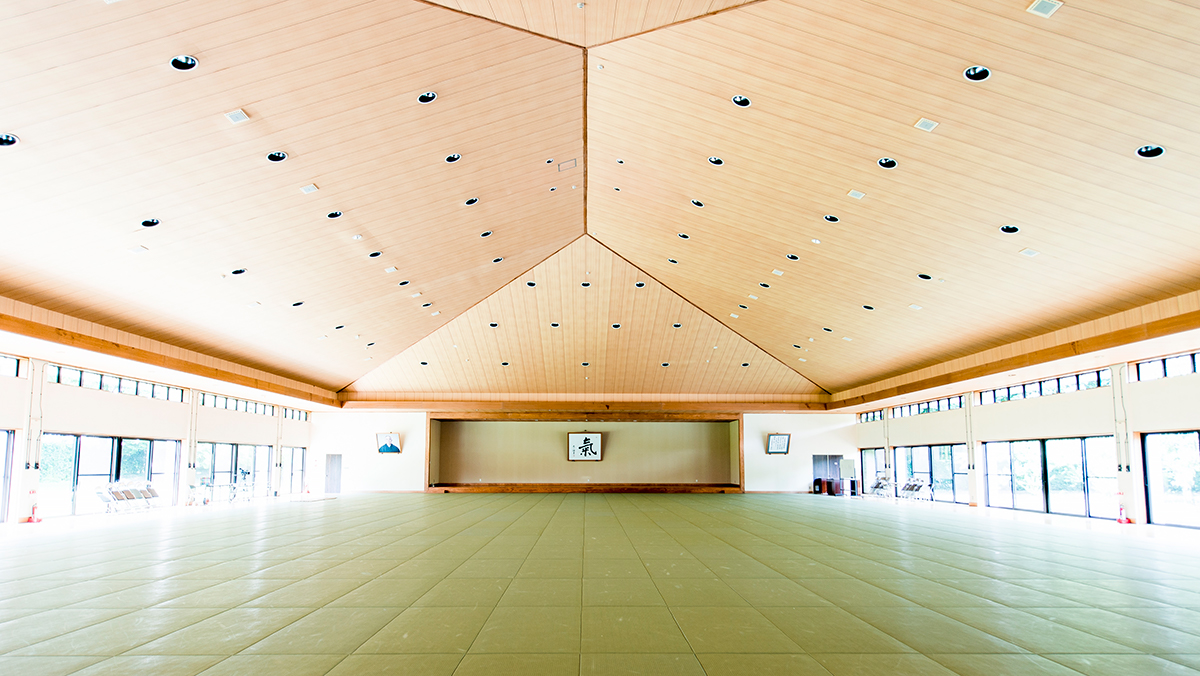A Short Instruction:
The purpose of this article is to practice and validate the Ki principles (Mind moves body) which are the foundation of Ki-Aikido in your daily life. Therefore, it has no meaning if you just read it without practicing it.
The fundamental method of mastering anything is practice. However, not just practice, but it is also important to validate how one has changed as a result of the practice.
It is easy to lose what you have learned without practice. On the other hand, you will never lose what you have learned through practice and validation. Therefore, please read, practice, and validate the contents of my article at least a month.
Act after building a relationship of trust
Imagine the relationship between parents and children, teacher and student, superior (boss) and subordinate staff, etc. When receiving advice, we can accept advice from a certain person, but cannot accept the very same advice from another person. Have you ever had such an experience? Everybody must have a particular person from whom they do not want to accept advice. Why does a different reaction occur in us when we receive the same advice from two different people?
The ability to accept advice from someone depends entirely upon whether a relationship of trust has been built between you, or not. If you have a relationship of trust, even if you receive a tough form of advice, you can accept it. But if the trustful relationship is not there, you will oppose him and not be able to accept the advice. Therefore, the person who gives advice has to check whether he already has this relationship of trust with the person who receives advice. This is much more important than simply checking the way of advising.
One of my acquaintances is a man with the best of intentions. He feels free to tell anything he thinks is important to his partner even if the thing he is telling is not the favorite subject of the partner. We can say he is a very rare person in these days. However the problem is that he changes his attitude depending on his mood, and he cannot control this. From other people’s point of view, since he often loses his temper, people cannot trust him. With such a nature, when he gives advice in detail about any subject, nobody wants to listen to him. Then he is very dissatisfied because nobody accepts his “kind” advice. It is a vicious circle and nobody benefits.
The important point is never “what to advise” but “who advises”. If there is an established relationship of trust, the advice will be effective. In the many popular “how-to” books, they advise communication techniques such as “It is better to advise subordinates in such a manner….” etc. However, these techniques will become meaningful only with the existence of a relationship of trust. Nobody wants to listen to a person who is untrustworthy even if he has learned excellent communication techniques.
When I instruct in a seminar, even though what to instruct is also important, I take great care to use trustful words, behavior and actions. If we can establish a relationship of trust between us, then my instruction will be understood. If there is no relationship of trust, my instruction will not be understood. Therefore, the most important thing as an instructor is to become a person who is trustworthy. Before considering “what to instruct”, we need to consider “who instructs.”
In many cases, the first impression is an important factor whether to be trusted or not. This can be established by making a number of minimal efforts day by day.
When I advise somebody, I carefully check whether there is a relationship of trust with the person. If there is, I can go ahead and make even tough advice without hesitation. If there is not a sufficient relationship of trust, I will wait to offer advice until after having built up a solid relationship of trust, or ask someone else to speak for me who already has a relationship of trust with the person whom I intend to advise. In this way, the person will be able to accept the advice.
It is basic in all matters to act only after building up a relationship of trust. In the case of the sales person, before considering how to sell, it is important to consider how to build up a relationship of trust with customers. In the case of an instructor, before considering how to instruct, it is important to consider how to build up a relationship of trust with the students.
As a short digression, I had one male student who was popular with the ladies. But he is neither handsome nor especially appealing. Since I was also single at that time, I once asked him the important key to being popular with the ladies. He replied, “I just put into practice what you (Shinichi sensei) instructed me to do,” I burst out laughing in spite of myself.
The following is the practice and validation for this month:
[Point of practice]
・Before instructing (advising) somebody, check the relationship of trust with the person.
・Instruct (advise) only after building up a relationship of trust, or instruct (advise) through a person who already has a relationship of trust with the person whom you intend to instruct (advise).
[Point of validation]
・Observe how your partner receives your advice after the above practice is made.

